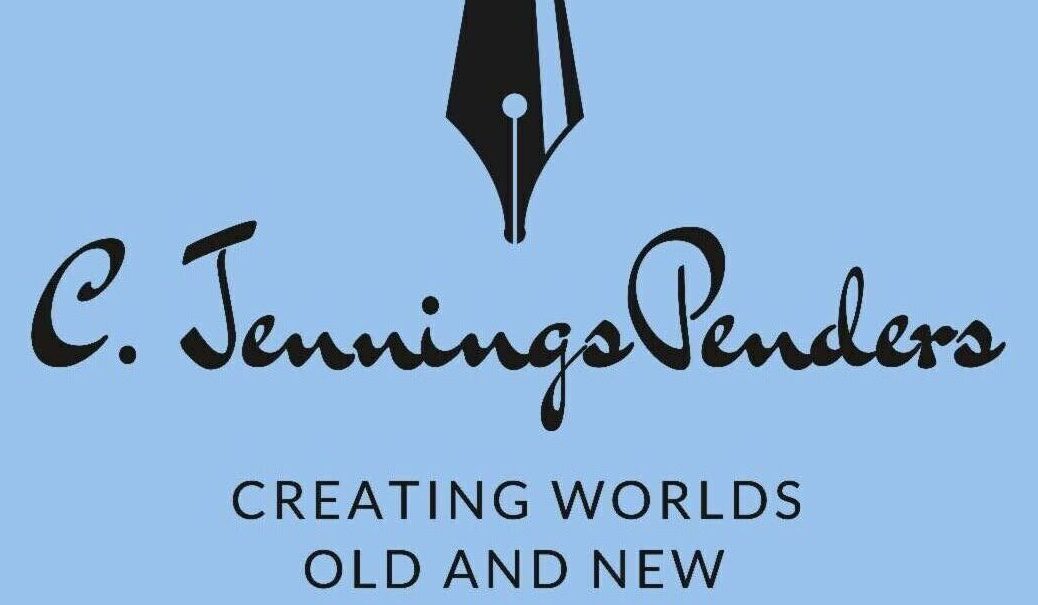Was reading my friend, Martha Orlando’s blog Martha’s Daily Devotions on Monday when she wrote:
Walking in Darkness. I think everyone at some point in their lives has a fear of the dark. For some of us it is innate, something we can’t shake no matter how we try. Even relying on our faith can sometimes not help and the fact that from around the mid October to mid January are the darkest days of the year, the three months with the shortest daylight also doesn’t help.
It’s the only part of winter I don’t like, the fact that it gets dark so early. I like seeing the sun out until 730 and 8 in the evening. I enjoy being outside in the evening. When i’ts dark at 430 there is only so much you can do.
I don’t mind the cold of winter. The darkness is what I don’t like.
I like the way we refer to the Winter Solstice as be the shortest day of the year. Is it really?
The day is still 24 hours, isn’t it? The winter Solstice isn’t REALLY the shortest day, it’s just the day with the least amount of light. There’s a difference but it’s become part of our lexicon and even though the phrase is improper, we all understand what we mean when we say The Winter Solstice is the shortest day of the year.
Another thing I wonder about is what significance that day has on celebrating the birth of Jesus around the Solstice. I bet you’re wondering why I refer to Christmas as:
celebrating the birth of Jesus. Well, I’ll tell you.
I’ve heard it said multiple times that Jesus wasn’t born in December. If that’s the case, then why do we celebrate his birth in December?
I have a theory on that and one that’s been stated elsewhere previously. Well before Jesus and well before Christianity, there was another spiritual movement called Paganism. The Pagans celebrated seasonal changes:
Winter Solstice
Spring Equinox
Summer Solstice
Autumn Equinox.
I believe that when Paganism began to lose its way to Christianity, some in the Pagan paradigm attempted to influence Christianity. Here’s where I MAY lose some of you, philosophically or maybe even literally:
Jesus is supposed to be The Light of the World, even according to him, correct?
Then what better time to celebrate his birth then after the Winter Solstice? The day according to Martha at: Walking in Darkness is:
The darkest time of the year . . .
The ancients feared it. Dreaded its coming.
Why not celebrate the birth of The Light of The World around the time of the darkest day?
Faith will show that the light WILL INDEED return.
Faith will show that the light bringer is among us.
What do you think?
If we can can just remember, however, that:
Light will ALWAYS follow dark.
Light will ALWAYS defeat dark.
Light will ALWAYS return.
I left a comment at Martha’s Monday column about Jesus being The Light of the World and the fact that we celebrate his birth a few days after the Winter Solstice. I find it interesting that with the birth of Jesus the days where it stays lighter longer has already started. I wonder now whether we celebrate the birth of Jesus in December after the shortest light was premeditated on the part of early Christians.
What do you think?
